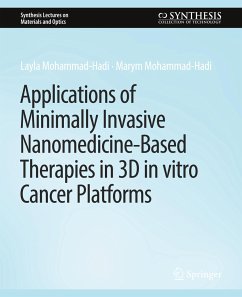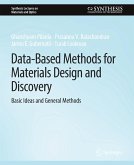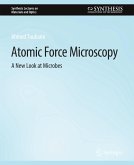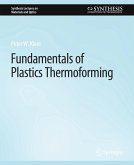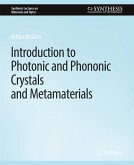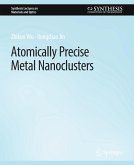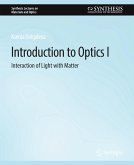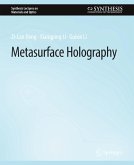Minimally invasive techniques such as Photodynamic Therapy (PDT) and Photochemical Internalisation (PCI) have for years been under investigation for the treatment of solid cancers. A significant number of the recent research studies have applied PDT and PCI to biological three-dimensional (3D) cancer platforms with many of the studies also involving the use of nanoparticles in order to enhance the efficacy of these light-based therapies. Interest in the employment of 3D cancer platforms has increased considerably due to the ability of the platforms to mimic in vivo models better than the conventional two-dimensional (2D) cultures. Some of the advantages of the 3D cancer systems over their 2D counterparts include improved interaction between cancer cells and the surrounding extracellular matrix (ECM) as well as restricted drug penetration which would allow optimization of treatments prior to undertaking of in vivo studies. The different chapters of this book will discuss photosensitizers and nanoparticles used in PDT and PCI in addition to the applications of these treatments in various 3D cancer models.
Bitte wählen Sie Ihr Anliegen aus.
Rechnungen
Retourenschein anfordern
Bestellstatus
Storno

